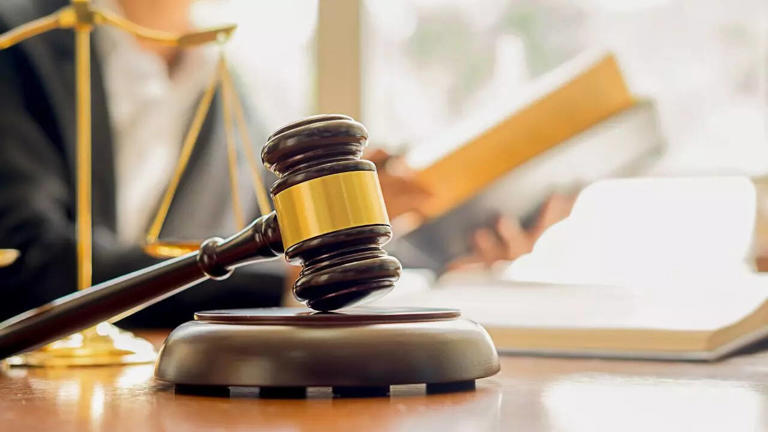Self-defense is a fundamental right under UAE criminal law, allowing individuals to protect themselves when facing an unlawful attack. However, claiming self-defense is not enough — the accused must provide credible evidence to prove that the act was justified. Understanding how witness testimony and burden of proof work in such cases is critical for anyone facing criminal charges in the UAE.
Understanding the Legal Burden of Proof in Self-Defense Cases
Under Federal Decree-Law No. 31 of 2021 (UAE Penal Code), a self-defense claim must meet specific legal criteria. The accused must show that:
- There was an imminent and unlawful threat.
- The defensive act was necessary and proportionate.
- The accused did not provoke the incident.
In UAE criminal proceedings, the burden of proof initially lies with the prosecution to establish guilt “beyond reasonable doubt.” However, when an accused raises a self-defense claim, they bear the responsibility to support that claim with convincing evidence, such as witness statements, CCTV footage, or physical evidence.
Importance of Witness Evidence in Self-Defense Claims
Witness evidence plays a decisive role in validating self-defense claims. Courts give significant weight to independent witnesses who can confirm:
- The existence of an immediate threat or aggression.
- The defendant’s response being reasonable and not retaliatory.
- The sequence of events leading up to the incident.
In many cases, witness credibility can determine the outcome. Consistent, unbiased testimony helps the court understand the context and justification behind the defendant’s actions. When witness accounts align with other forms of evidence — like surveillance footage or medical reports — they significantly strengthen a self-defense argument.
People also read: Self-Defense in UAE Domestic Violence Cases: Understanding Your Legal Rights and Boundaries
Challenges in Proving Self-Defense
Proving self-defense can be complex. Sometimes, incidents occur in private or escalate too quickly for witnesses to observe clearly. In such cases, courts rely on forensic evidence, expert testimony, and the defendant’s own statement to assess whether the use of force was necessary.
Any inconsistency or lack of corroboration can weaken the claim, which is why legal guidance is essential before presenting a self-defense argument in court.
How Concept Advocates Helps
Our team Concept Advocates, is an experienced UAE criminal lawyer with a deep understanding of self-defense laws. He assists clients by:
- Evaluating evidence and witness credibility to build a strong defense.
- Guiding clients on how to present their version of events effectively before the court.
- Coordinating with investigators to gather supporting evidence such as CCTV, medical records, or police reports.
- Ensuring that the legal burden of proof is properly shifted to protect the client’s rights.
Through strategic representation and in-depth legal insight, Adv. Sanafer helps clients present their self-defense claims convincingly and avoid wrongful convictions.
Conclusion
In UAE courts, self-defense must be proven, not just claimed. The right witness evidence and a well-prepared legal argument can make all the difference. With the expertise of our team Concept Advocates, individuals accused of using force in self-defense can navigate the complex burden of proof with confidence and legal clarity.

